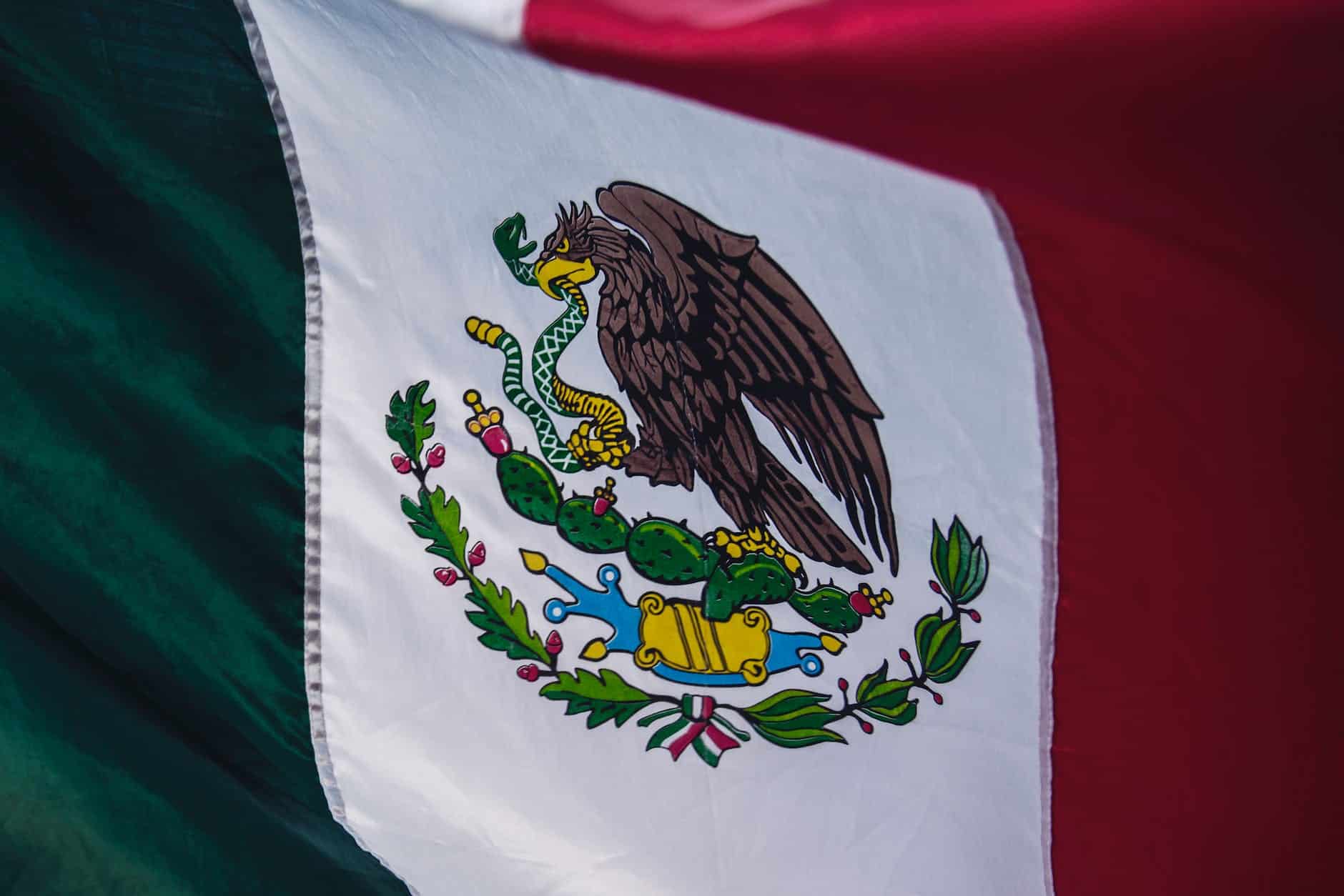The USA must stop trying to dominate the world and instead form stronger, healthier ties with its southern neighbour by Phil Hall After the fall of the perfect dictatorship of the PRI in 2000, a progressive conservative came to power in Mexico called Vicente Fox. His rise to power was…
Category: USA

Irritating American spell checkers
Was Noah Webster right to try to rationalise the spelling of English? By Phil Hall How terribly irritating it is to be forced into a decades long struggle (35 years and counting) with US English spell checkers. Some programmes enable you to select a preference for British English, but others…

Looking back at US participation in the Iraq War*
I was very curious to hear the opinions of former US army people working in the Middle East on the war in Iraq. By Phil Hall Colleagues of mine working in the Middle East had retrained as English teachers. One of them had been a prison guard in Guantanamo and…

Red and Blue October in the USA
We are alive in amazing times, and 2020 is a significant year, as significant as 1968 was in US history. Mineappolis protests – By Fibonacci Blue https://commons.wikimedia.org/w/index.php?curid=90686854 By Isaac Flanders Tasked with writing on the current situation in the US, it is tempting to merely itemize that country’s myriad underpinning…

Dear Phil, Sorry for not writing…Trump got in the way
Will Biden get in? By Stephanie Urdang Dear Phil, I haven’t forgotten about your request to write something for Ars Notoria. Your faith in me and my ability to produce something worthwhile is gratifying. But at the moment Trump and his lies and his sheer evil are messing with my…

Return the gold to Venezuela
by Francisco Dominguez On July 2nd 2020 British Judge Nigel Teare, with regard to a Central Bank of Venezuela litigation for 31 tons of gold entrusted to the Bank of England to be returned to the Venezuelan state, issued a verdict in favour of ‘interim president” Juan Guaidó. The real…

You must be logged in to post a comment.